For years, television has been dominated by complex, morally ambiguous characters known as antiheroes. These characters, neither fully good nor entirely evil, have defined modern TV storytelling. From Tony Soprano in The Sopranos to Walter White in Breaking Bad, audiences have been captivated by flawed protagonists who blur the lines between hero and villain.
Now, with the release of MobLand (March 30) on Paramount+, starring Helen Mirren and Pierce Brosnan, the antihero trend continues. Directed by Guy Ritchie, the series follows a London organized crime family, adding to the long list of antihero-driven dramas such as Ozark, Mad Men, and Peaky Blinders.
However, some industry experts and creators are questioning whether the era of the antihero is coming to an end. Breaking Bad creator Vince Gilligan has suggested that it might be time for traditional heroes to make a comeback.
The Rise of the TV Antihero
The popularity of antiheroes can be traced back to the early 2000s, when shows like The Sopranos revolutionized television storytelling. Unlike classic good-versus-evil narratives, these series introduced audiences to characters who made morally questionable choices, yet remained compelling and even sympathetic.
Antiheroes became a staple of television, with shows like:
- The Shield – Featuring corrupt cop Vic Mackey.
- Mad Men – Following the morally flawed Don Draper.
- Breaking Bad – Chronicling Walter White’s transformation into a ruthless drug lord.
- Peaky Blinders – Showcasing gang leader Thomas Shelby’s rise to power.
- Fleabag – A dark comedy about a troubled, yet relatable woman.
These characters resonated with audiences because they reflected real-life complexities. Viewers saw elements of themselves in these flawed protagonists, making their stories more engaging and unpredictable.
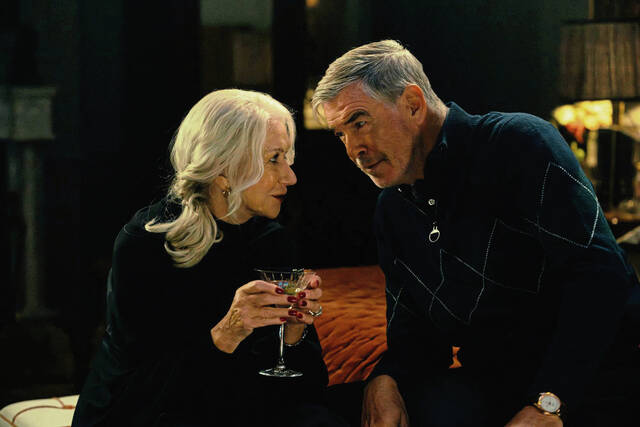
Vince Gilligan’s Call for More Heroes
At the Writers Guild of America Awards on February 15, Vince Gilligan, the mastermind behind Breaking Bad and Better Call Saul, made a surprising statement. While accepting the WGA honorary Paddy Chayefsky Laurel for Television Writing Achievement award, he urged writers to bring back traditional heroes.
Gilligan pointed out that, in today’s world, real-life bad guys are more prevalent than ever. “Bad guys who make their own rules. Bad guys who, no matter what they tell you, are only out for themselves,” he said, as reported by Deadline.
He expressed concern that television has glorified villains to the point where audiences aspire to be like them. “We’ve made the villains too sexy,” he explained. Characters like Tony Soprano, Michael Corleone, Hannibal Lecter, and Darth Vader were originally meant to be cautionary tales, but instead, they became role models for some viewers.
Gilligan’s solution? “I say we write more good guys,” he urged. He suggested that television should focus on characters who embody selflessness and integrity, similar to the heroes of past generations.
Could a Hero Renaissance Be Coming?
Gilligan’s comments have sparked a debate in Hollywood about whether the antihero trend is losing steam. Some argue that audiences may be ready for a return to more hopeful and inspiring storytelling.
Recent examples of successful “heroic” shows include:
- Ted Lasso – Featuring a kind-hearted soccer coach who inspires positivity.
- Superman & Lois – Bringing back the classic hero archetype.
- The Mandalorian – Showcasing a reluctant hero who grows into a protector.
The success of these shows suggests that viewers might be craving more uplifting narratives. After years of dark, morally complex storytelling, there may be a growing demand for protagonists who inspire rather than corrupt.
The Future of TV Storytelling
The entertainment industry constantly evolves based on audience preferences. While antiheroes have dominated television for over two decades, it’s possible that a shift towards more traditional hero-driven stories is on the horizon.
That said, the appeal of the antihero isn’t likely to disappear overnight. Shows like MobLand prove that there is still a strong appetite for complex, morally ambiguous characters. However, if creators like Vince Gilligan have their way, we may see a balance between antiheroes and traditional heroes in the years to come.
Ultimately, whether television embraces more heroes or continues celebrating antiheroes, one thing is certain: great storytelling will always be at the heart of compelling TV. Whether we root for a morally gray protagonist or a true-blue hero, what matters most is how well their story is told.
As MobLand hits screens, it serves as a reminder that antiheroes still have a place in modern TV. But with industry veterans like Vince Gilligan advocating for more heroes, we might be at the start of a new era in television storytelling. Whether or not Hollywood listens remains to be seen, but one thing is clear: the conversation has begun.
What do you think? Are you ready for more traditional heroes in TV, or do you prefer the depth and complexity of antiheroes? Let us know in the comments below!

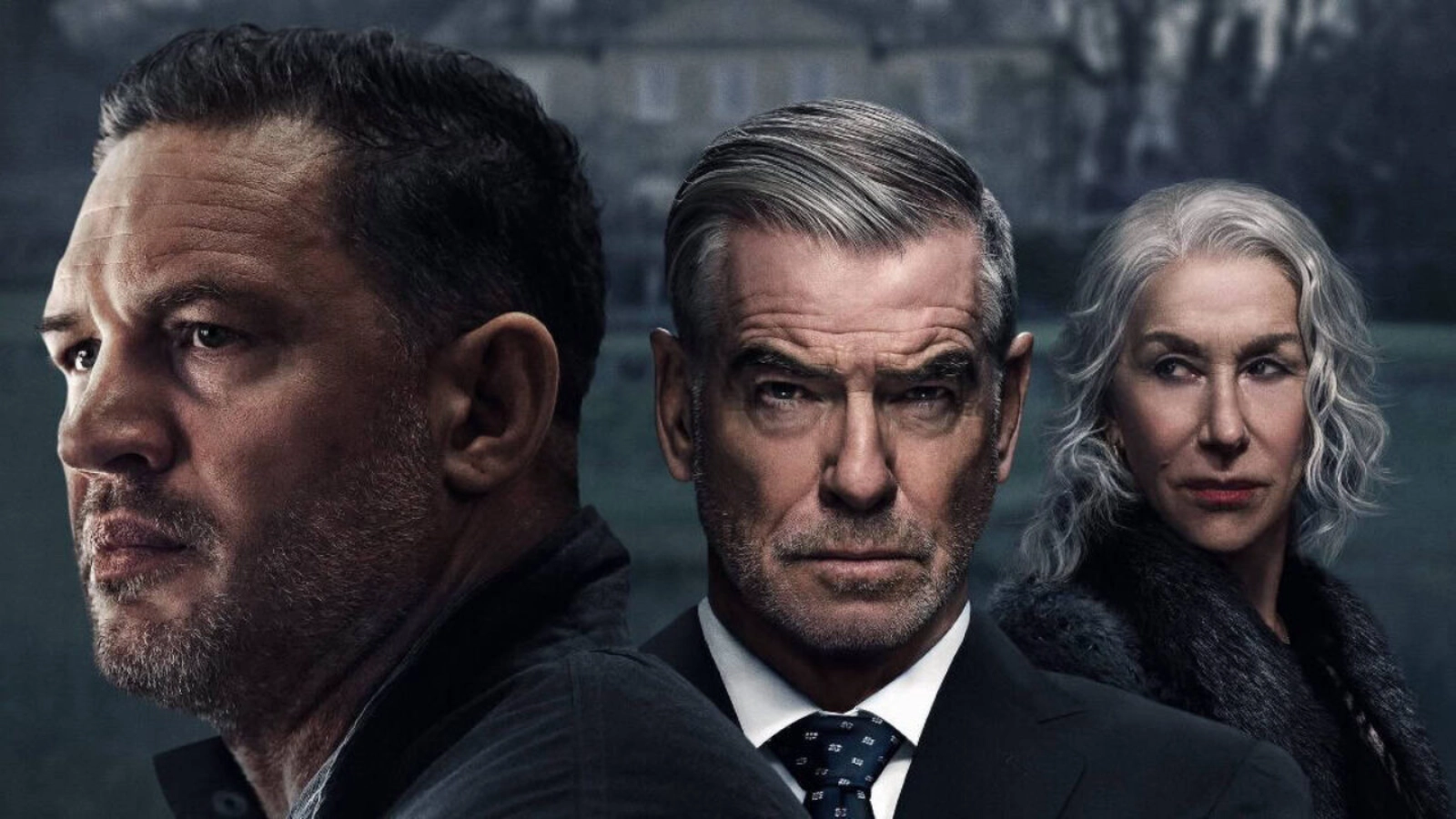
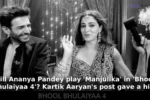


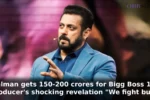
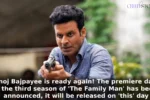
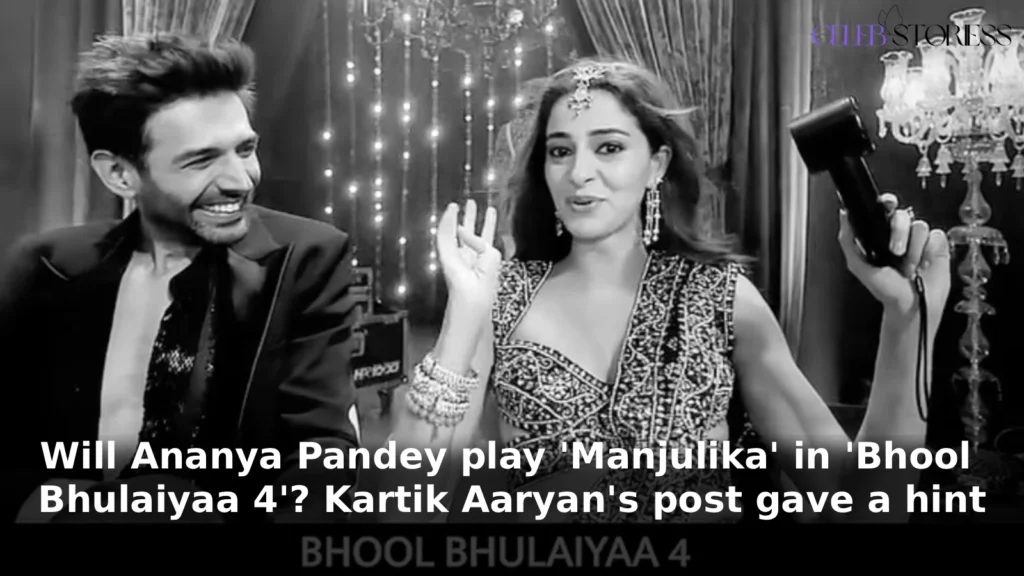
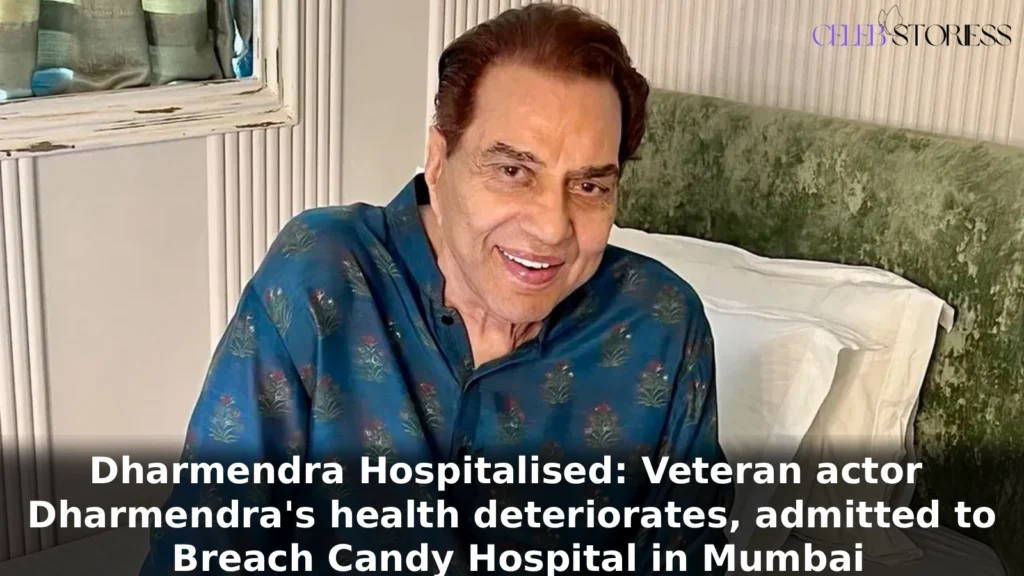
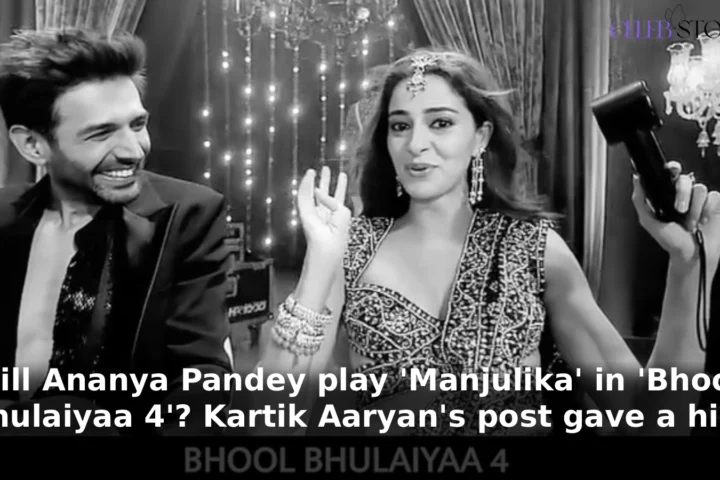
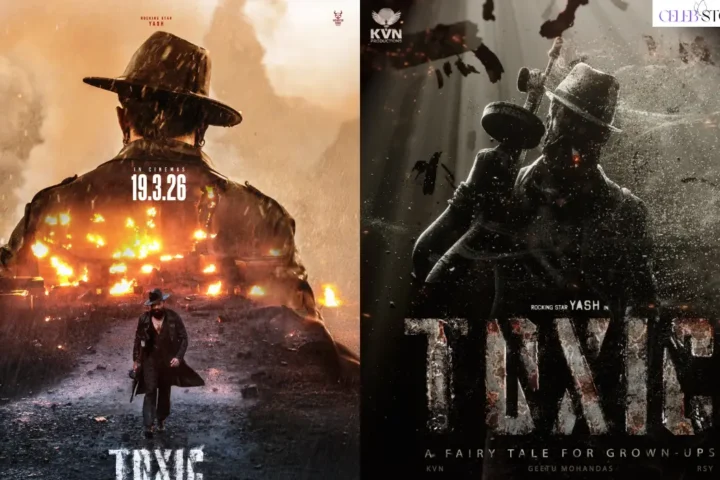
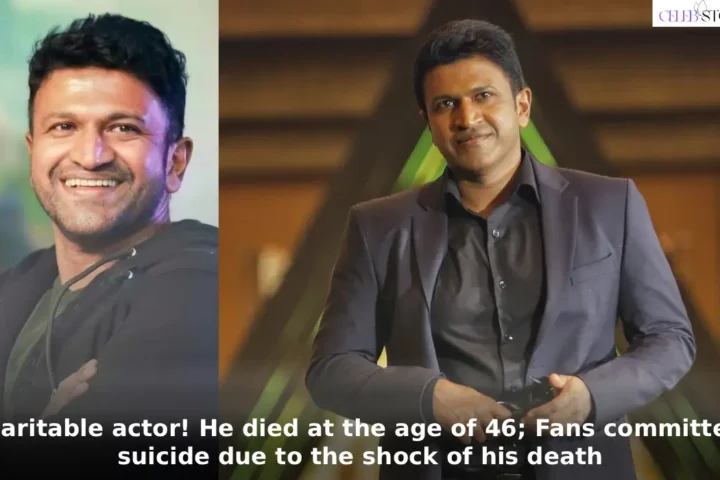
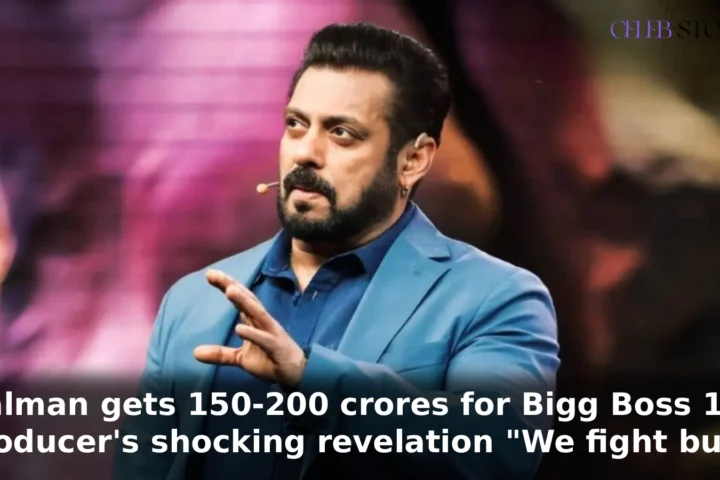
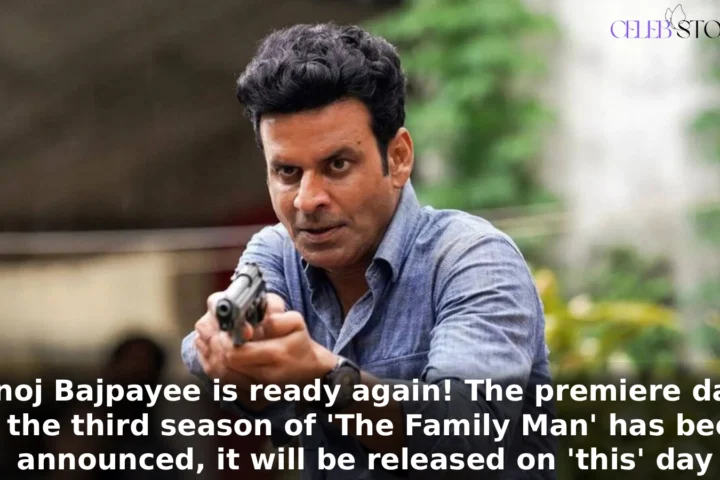
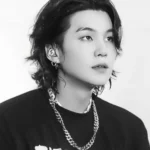
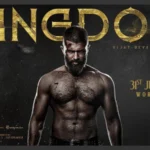
Leave feedback about this